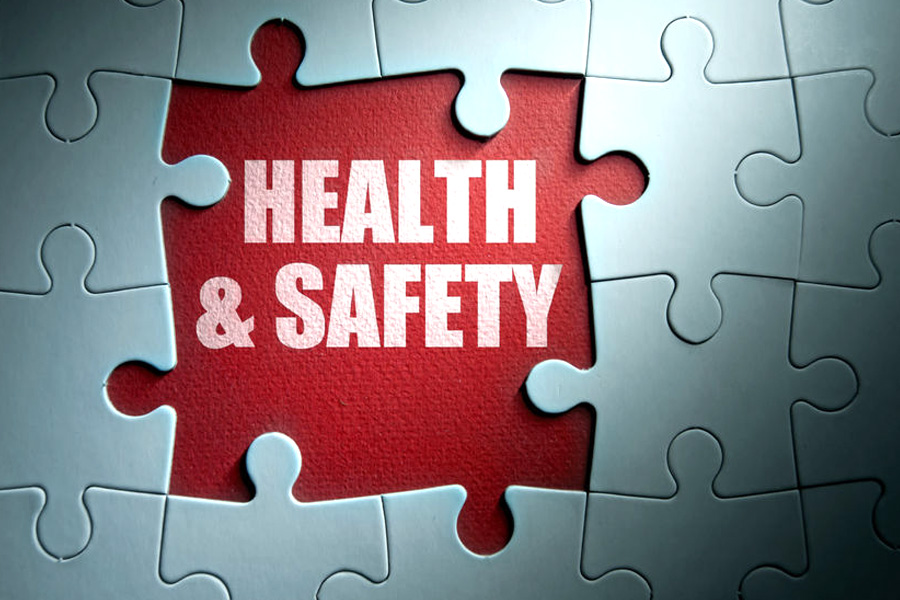The Gas Safe Register website says “In the event you are unable to gain access to the property, e.g. persistent refusal of access due to vulnerable tenants self-isolating, you will be expected to be able to demonstrate that you took reasonable steps to comply with the law. This will need to include records of communication with the tenant and details of your engineers attempts to gain access.”
Gas safety inspections can still be completed, but only with the express consent of both engineer and tenants (the Government guidelines permit travel to and from work where it cannot be done from home). Engineers must take sensible precautions, based on government guidance:
- Use personal protective equipment, frequent hand washing with soap or use of alcohol hand sanitising gel.
- When visiting a property, confirm before entering whether anyone is anyone is self-isolating, or has been in contact with anyone who has been diagnosed with Coronavirus or has recently gone into self-isolation.
- If the answer is ‘yes’, cancel the inspection and reschedule for a later date.
- If the engineer visiting a property feels in any way uncomfortable with the situation, they can withdraw from the inspection and reschedule for a later date.
If access cannot be obtained, make sure that you document what steps were taken to attempt to complete the gas safety inspection. HSE guidance indicates that at least three attempts to complete the gas safety check should be made, but this will depend on the circumstances you face (see below). Where an inspection is delayed, be sure to complete it as soon as possible after the lock down period ends.
Tenants who are self-isolating: if a tenant tells you they are self-isolating after displaying symptoms the inspection should be postponed for a minimum of 7 days (if they live alone) or 14 days (if there is more than person in the household) from when they started self-isolating. Check the Government stay at home guidance as it may change.
Tenants shielding themselves from the community: If a tenant tells you they have been told to “shield” themselves as they are at a very serious risk, postpone the inspection until after the 12 week period.
Electrical testing
HMO electrical safety certificates: the advice here is the same as for gas safety. is the same as gas safety. Make reasonable attempts to gain access to complete the certificate; where delayed complete the certificate as soon as possible after the lockdown. The same principles for self-isolation and shielding (see above) also apply.
Routine electrical inspections: if you carry these out although not legally required to do so, they are not essential and can be put on hold during the lockdown.
PAT testing is not a legal requirement and can also be put on hold during the lockdown.
Fire alarms
Alarms in communal areas: testing or inspecting alarms in communal areas is still possible, provided all precautions are taken to avoid contact with other people.
Alarms in tenancy properties: the tenancy agreement will usually require tenants to check these themselves on a monthly basis. Some HMO licences may require the landlord/agent to test smoke alarms on a regular basis. Seek advice from your local authority, and follow similar steps to those outlined for gas and electrical safety above.
Fixing faults: If you identify a fault in a fire alarm following a test/inspection, these should be dealt with provided all precautions are taken to avoid contact with other people.
Property inspections
These are not essential during the lockdown and should be avoided.
Repairs
Repairs will depend whether they are “essential” or not. Essential repairs might include things like a severe leak causing damage to property or electrics such as a burst water mains pipe, or a broken boiler leaving a property without heat or hot water.
If a repair is not essential, these should be noted and addressed after the lockdown.

